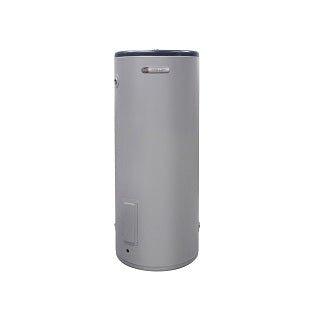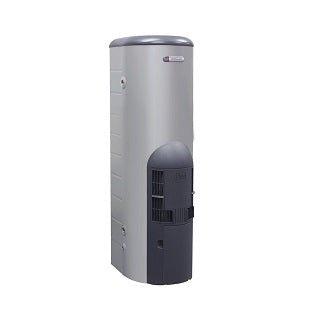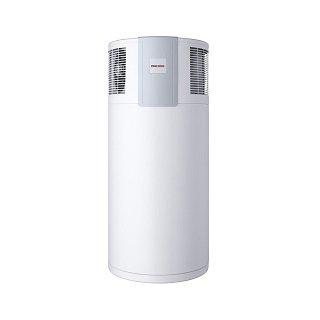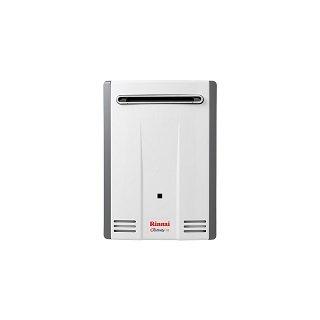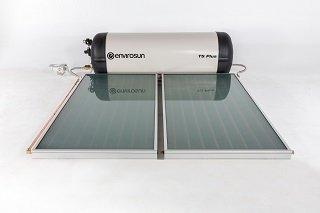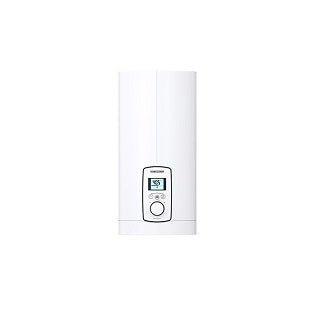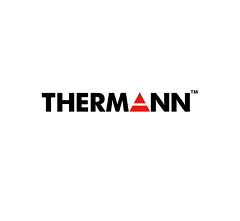Efficient Hot Water Systems Brisbane and Beyond
Selecting the right hot water system is crucial for home comfort and energy savings. Whether it’s a gas, electric, or solar model, navigating your options can be daunting. JR Gas & Water has the hot water systems Brisbane depends on, and this guide offers a straightforward comparison to help you find a cost-effective and sustainable solution.
Key Takeaways
-
Hot water systems are of two main types: storage water heaters and continuous flow (instantaneous) systems, which can be powered by gas, electricity, or solar energy. Each type has its benefits and challenges based on factors such as efficiency, cost, and sustainability.
-
Heat pump water heaters and solar-powered systems offer high efficiency and significant energy savings, though with higher upfront costs; these can be offset by government incentives and the systems’ long-term savings.
-
The selection of a suitable hot water system should consider household size, energy efficiency, fuel type, and system size to ensure a cost-effective and environmentally friendly solution, including optimising for off-peak tariffs and leveraging renewable energy sources.
Understanding Hot Water Systems
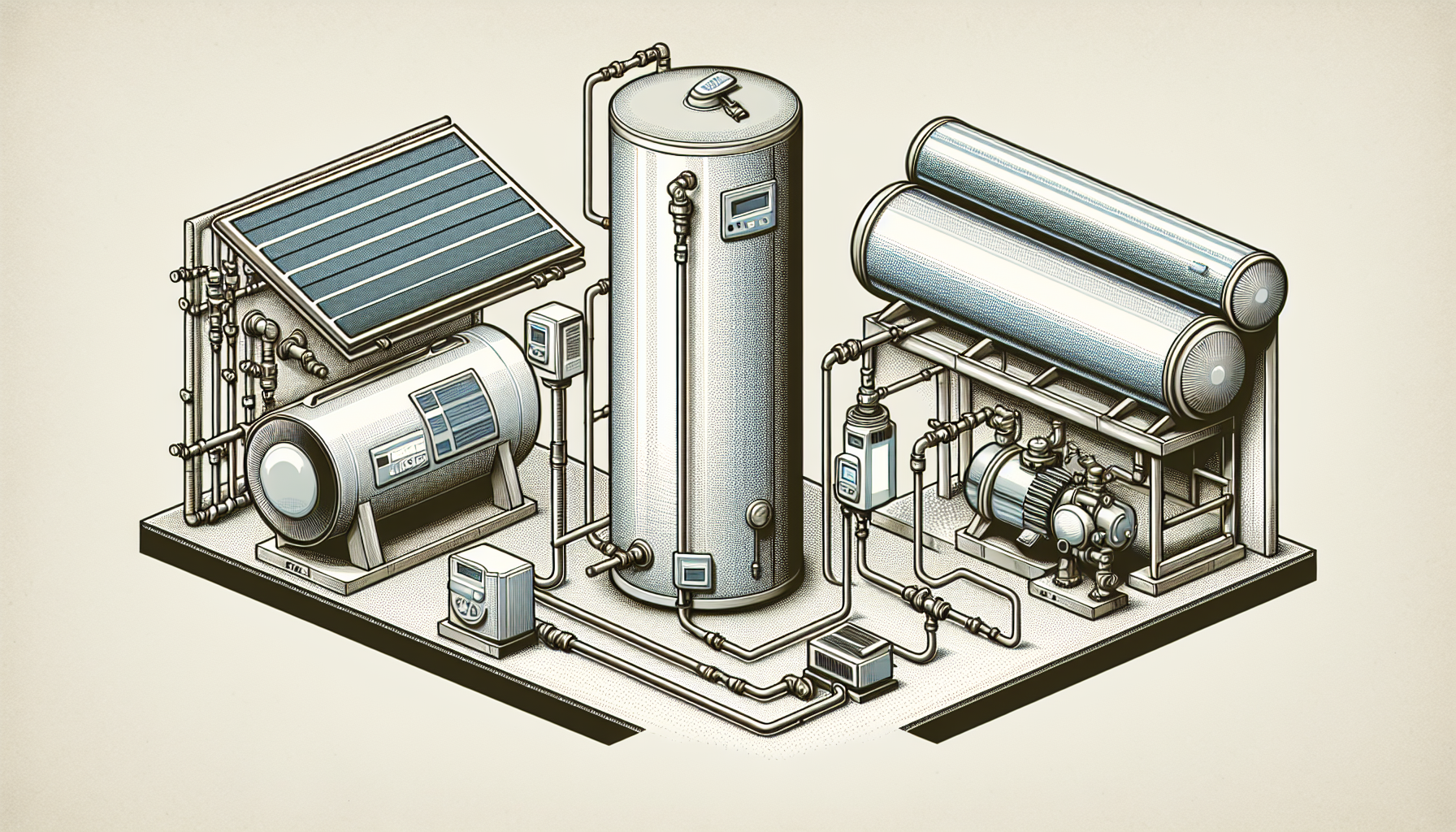
Hot water systems can be broadly classified into storage and instantaneous types, each powered by different energy sources such as gas, electricity, or solar energy. While storage-based systems maintain a tank of hot water ready for use, instantaneous systems heat water on-demand, providing energy savings and better temperature control.
The choice between these systems and their energy sources often hinges on factors such as initial costs, running costs, and overall sustainability.
Storage vs. Continuous Flow
Storage hot water systems have the following characteristics:
-
They store heated water in insulated tanks
-
They are an excellent choice for meeting household demands
-
They can run out of hot water if not sized correctly
-
They can incur unnecessary costs if not sized correctly
On the other hand, continuous flow systems offer the following benefits:
-
Heat water as needed, offering significant energy savings
-
Sophisticated temperature control
-
Sizing is based on the number of hot water outlets, not the number of residents, to ensure simultaneous demand can be met in a continuous flow system.
Gas, Electric, and Solar Power Options
The decision between gas, electricity, and solar power for hot water systems is pivotal, as each has distinct levels of efficiency and environmental impact.
For instance:
-
Gas storage systems can experience significant heat loss in cold climates, but they are generally more efficient than electric hot water systems.
-
Electric systems have higher operational costs despite their lower acquisition cost.
-
Solar powered systems are environmentally friendly and can provide significant energy savings in the long run.
Consider these factors when choosing the best option for your hot water system.
Solar systems, on the other hand, harness the sun’s energy, providing a greener and more sustainable alternative.
Heat Pump Hot Water Systems
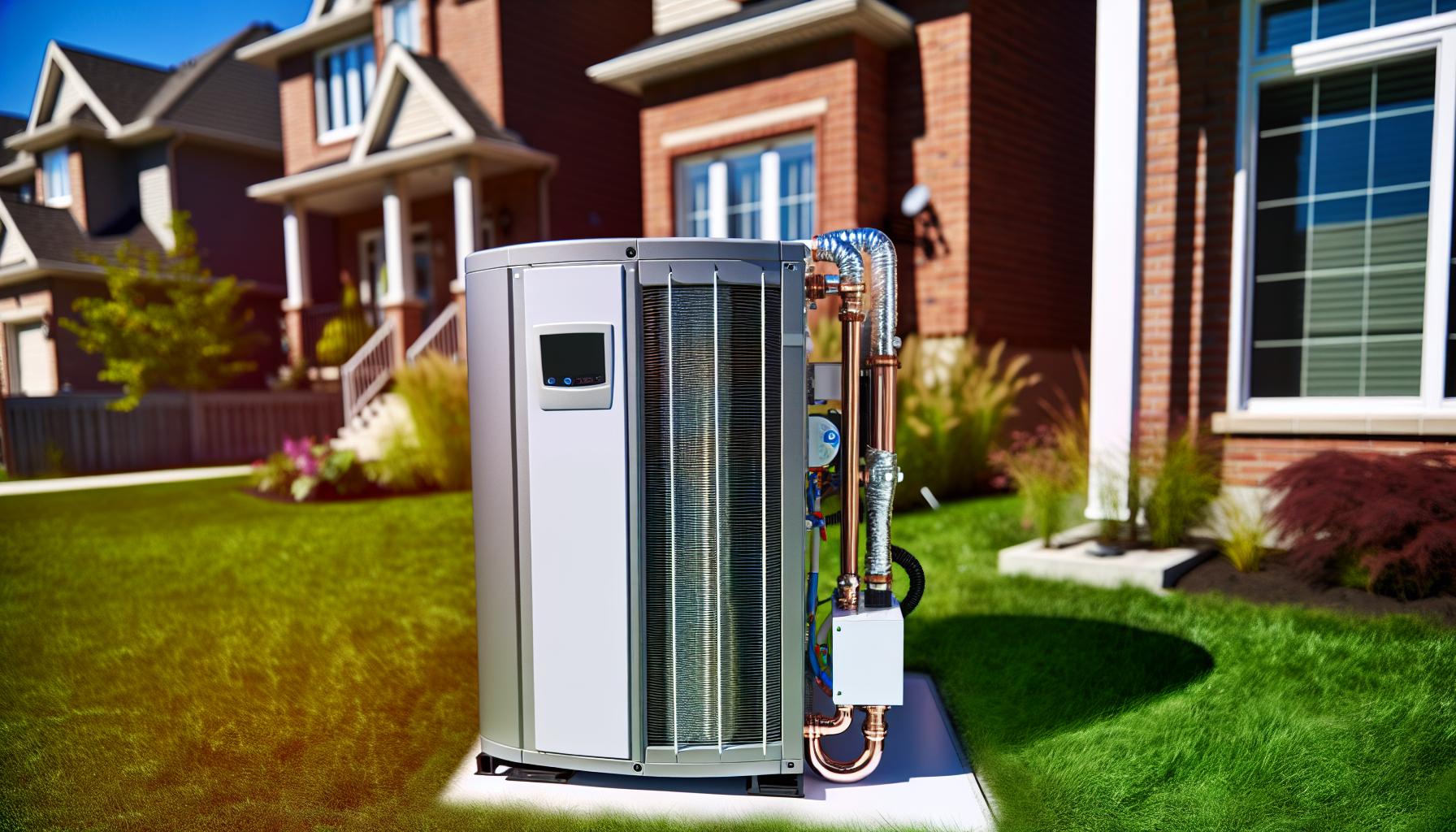
Heat pump systems, also known as heat pump water heaters, significantly revolutionize efficiency standards. These systems:
-
Extract heat from the surrounding air to heat water
-
Reduce electricity usage significantly - up to 70% compared to conventional electric storage water heaters
-
May have higher upfront costs and require professional installation
-
The energy savings over time can offset these initial expenses.
How Heat Pumps Work
Heat pump water systems operate based on a refrigeration cycle. Here’s how it works:
-
The system absorbs heat from the environment in an evaporator, where the refrigerant expands and transitions into a gaseous state.
-
The refrigerant is then compressed, raising its temperature and pressure.
-
The compressed refrigerant then condenses in the condenser, releasing heat to the system.
This cycle allows the heat pump hot water system to efficiently heat water using the heat from the environment.
In essence, heat pumps move heat from the air to the water within a tank, providing hot water without directly heating it with an element.
Efficiency and Cost Savings
Not only do heat pump water systems benefit the environment, but they also positively impact your finances. Here are some reasons why:
-
Their running costs are significantly lower than traditional electric storage water heaters.
-
They can be coupled with off-peak tariffs to further optimize savings on energy bills.
-
Government incentives like the Federal Government’s Small-scale Technology Certificates and the NSW Energy Savings Scheme can reduce upfront costs, making these systems more accessible.
Solar-Powered Hot Water Systems
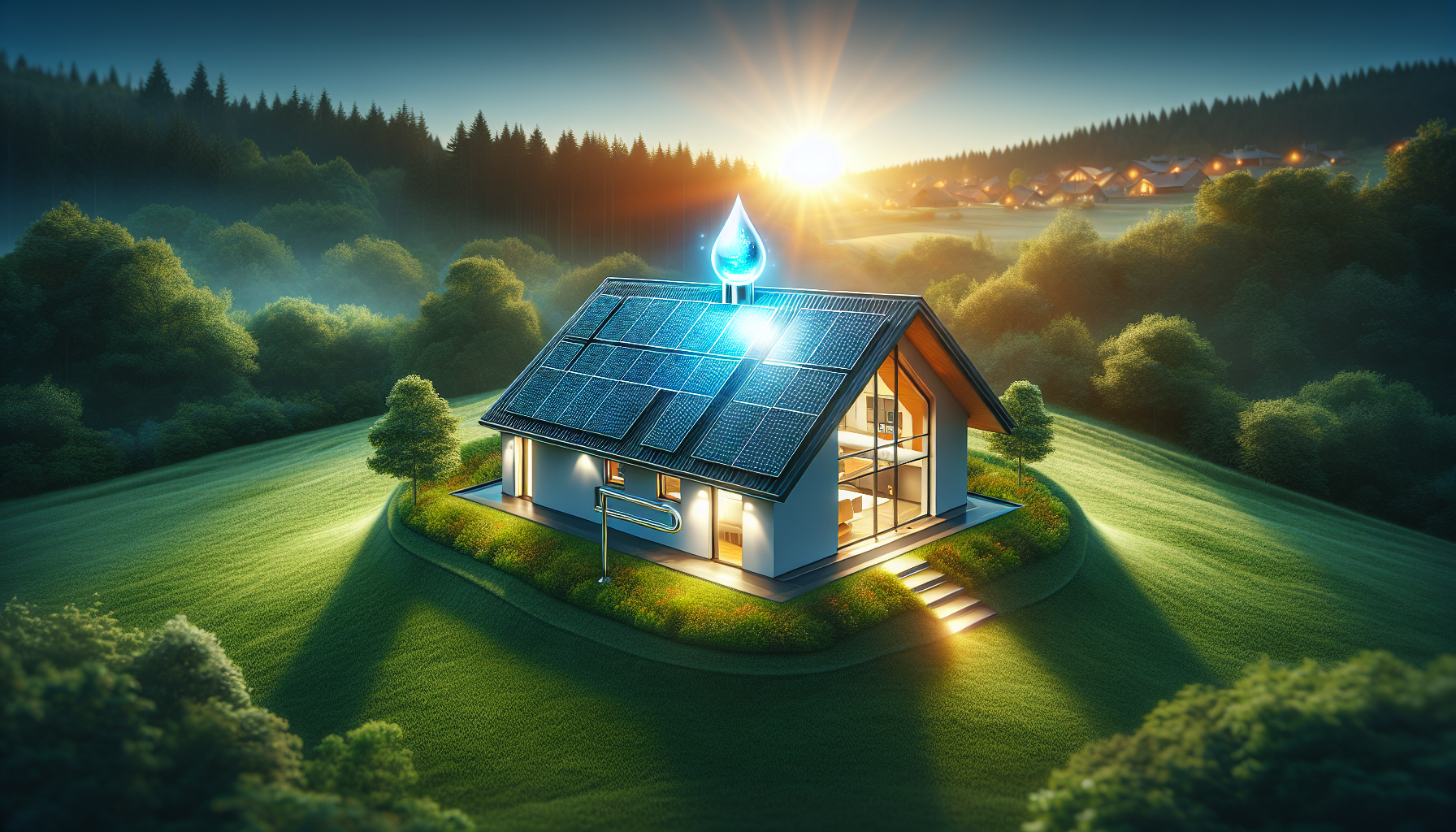
We must also consider the sun’s immense energy potential. Solar hot water systems harness the sun’s energy to provide up to 90% of hot water without generating greenhouse gas emissions. While these systems may have higher initial purchase and installation costs, they offer lower running costs over time and can last for more than 20 years with minimal maintenance. Government rebates and financial incentives can also assist in making solar systems a viable option.
Solar Collector Types
Solar collectors constitute the core component of solar hot water systems. They come in various types, including:
-
Glazed flat-plate collectors: These consist of insulated boxes with dark absorber plates under glass or plastic covers.
-
Unglazed flat-plate collectors: These are similar to glazed flat-plate collectors but do not have a cover, making them more suitable for warmer climates.
-
Evacuated tube collectors: These feature transparent outer glass tubes with metal absorber tubes inside to prevent radiative heat loss, making them efficient even on cloudy days.
By understanding the different types of solar collectors, you can choose the one that best suits your needs and climate conditions.
Rebates and Incentives
Government incentives and rebates can often counterbalance the initially high costs of a solar hot water system, such as small-scale technology certificates (STCs). These incentives can significantly reduce the purchase and installation costs, making it financially attractive to opt for a solar hot water system.
Moreover, some regions offer specific rebates or feed-in tariffs for homeowners who integrate renewable energy into their hot water units.
Electric Hot Water Systems: Pros and Cons
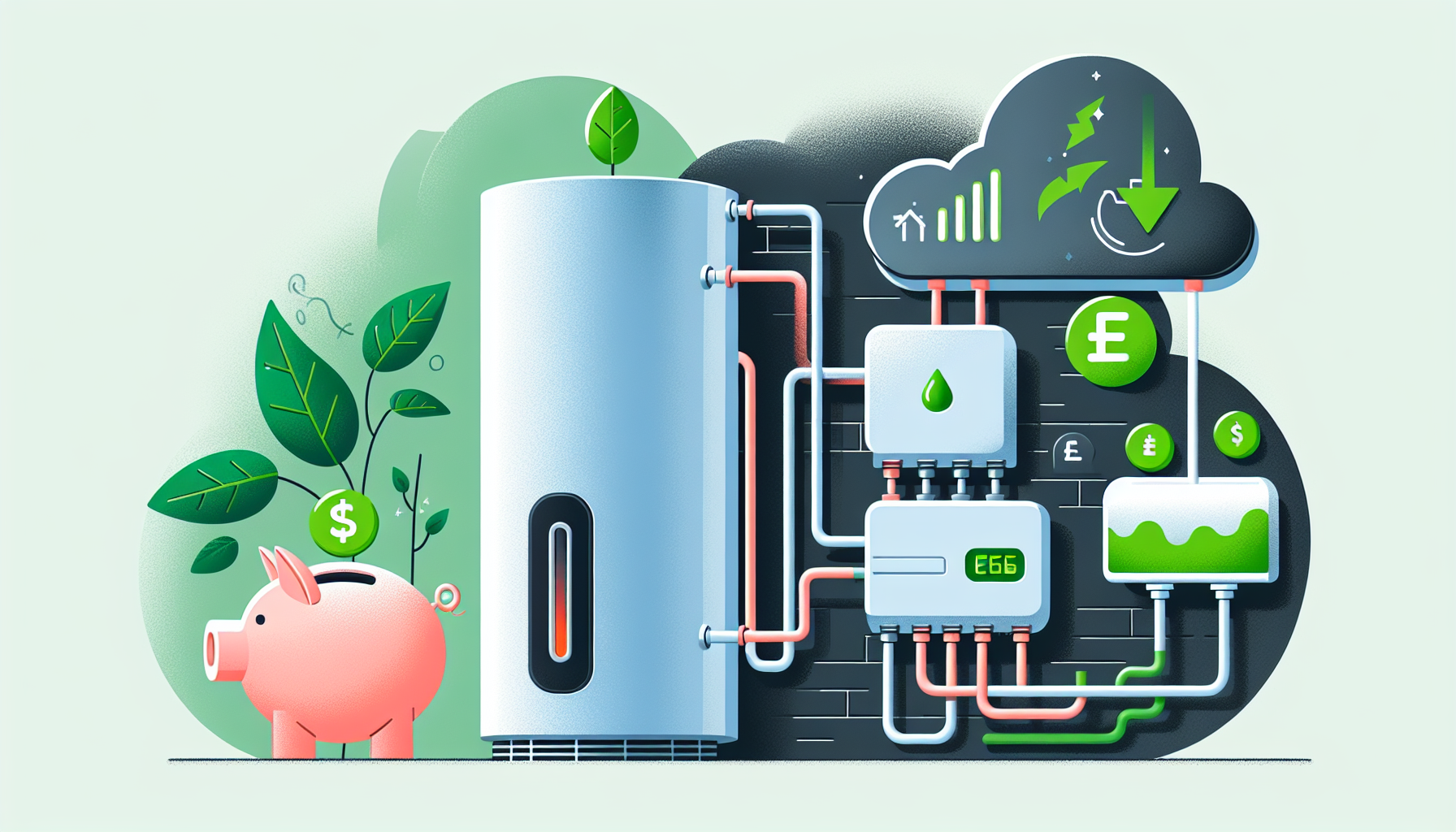
Electric hot water systems are a prevalent option, with around 50% of Australian households using an electric hot water system for their hot water needs. Despite their prevalence, they do have their downsides. For instance, they can have an energy in vs. out loss of over 50%, and their operational costs are higher compared to other hot water units. However, advancements in energy-saving technology, like Energy Star-certified tankless water heaters, can help mitigate these issues.
Storage vs. Instantaneous
Electric storage water heaters have several advantages, including:
-
They store hot water, providing a backup supply during power outages
-
They allow you to take advantage of off-peak electricity rates
-
They can be easily installed and maintained
However, it is important to correctly size your electric storage water heater to prevent energy waste and ensure an adequate supply of hot water.
On the other hand, electric instantaneous water heaters are space-saving and provide hot water on demand without the energy losses associated with maintaining a tank’s temperature, although they may have higher installation costs due to electrical requirements.
Off-Peak Tariffs and Energy Costs
By taking advantage of off-peak tariffs, electricity costs for electric storage hot water systems can be minimised. These tariffs allow the systems to heat water during designated periods when energy prices are lower, leading to reduced electricity costs. However, they do not reduce greenhouse gas emissions as the energy supplied is still from largely non-renewable sources.
Despite the higher initial cost for a larger tank, off-peak tariffs offer larger lifetime savings on energy bills.
Gas Hot Water Systems: Benefits and Drawbacks
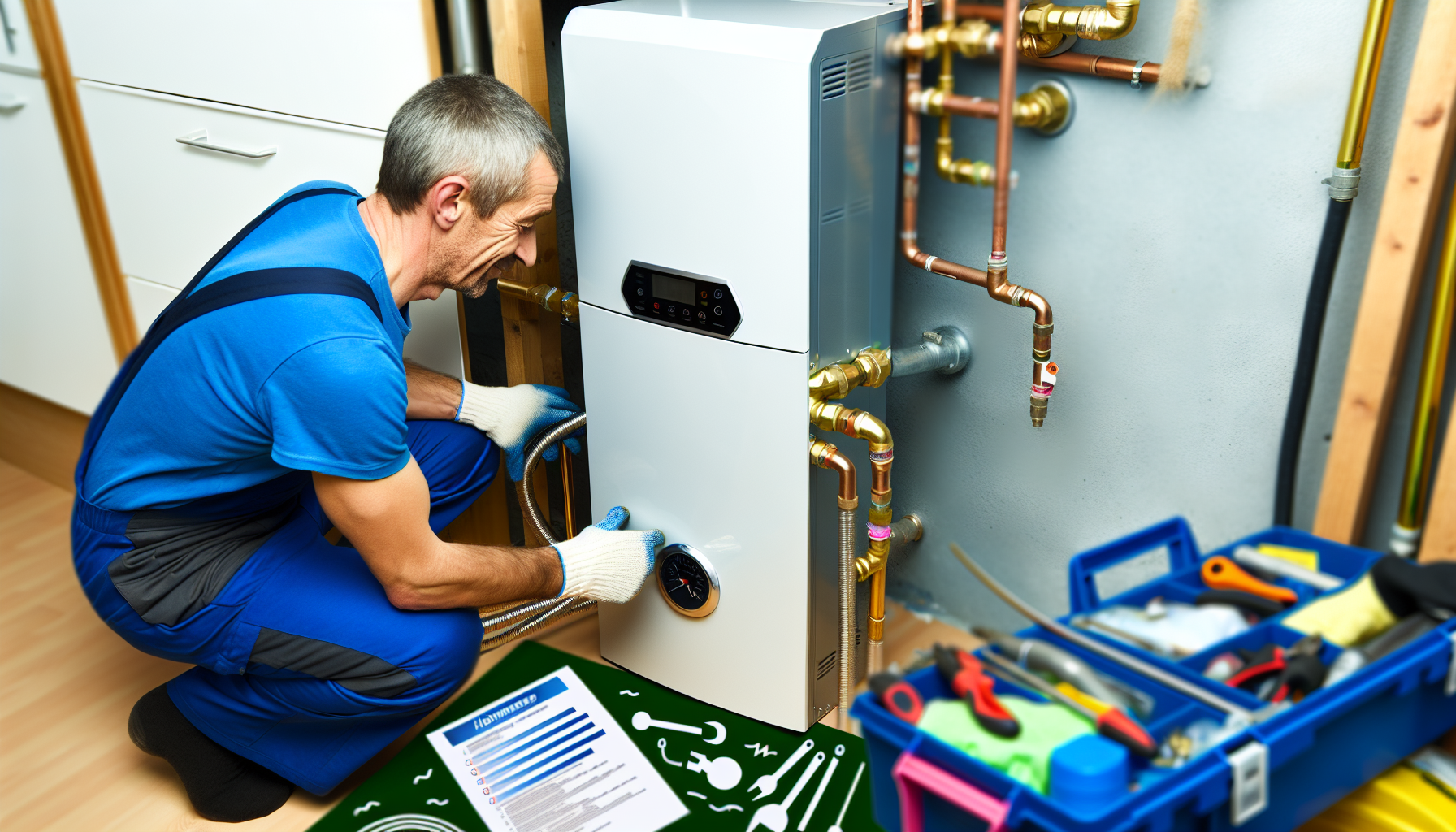
Gas hot water systems, also known as gas water heaters, present a solid alternative, with natural gas being generally cheaper and more environmentally friendly than electric systems. However, gas storage systems can be inefficient due to heat loss, especially in cold climates that reduce the insulating effectiveness at the point where the gas flame heats the tank. They also typically need to be installed outdoors because of venting requirements, which may influence your choice depending on your home’s setup.
Continuous Flow vs. Storage
Continuous flow gas systems provide hot water on-demand without running out, although they may have a delayed response when multiple taps are used simultaneously. On the other hand, storage water heaters provide immediate access to a reserve of hot water, but they have a finite capacity that can run out and require time to reheat new water. However, continuous flow gas water heating systems are more efficient and generally cheaper than electric systems, making them a popular choice in Australian homes.
Natural Gas vs. LPG
When it comes to fuel options for gas hot water systems, natural gas and LPG are the main contenders. Natural gas is generally cheaper than LPG due to lower rates and provides a more stable and predictable cost for hot water units. However, LPG hot water units are a viable option in areas without mains gas connections, despite the higher cost and potential availability issues.
Choosing the Right Hot Water System for Your Home
Selecting an appropriate hot water system for your home requires the consideration of multiple factors. These include:
-
The type of system
-
The size of the system
-
The energy source
-
The specific needs of your household
It’s not just about getting hot water; it’s about ensuring that your new hot water system is energy efficient, cost-effective, and sustainable for your specific needs.
Energy Efficiency
Energy efficiency is a key factor when choosing a hot water system. Not only does it reduce greenhouse gas emissions, but it also helps to lower energy bills. Government incentives are available that encourage homeowners to replace traditional electric or gas hot water systems with more efficient models, such as heat pumps, further enhancing the benefits of energy efficiency.
Household Size and Usage Patterns
The size of your household and your hot water usage patterns also play a significant role in choosing the right hot water system. A correctly sized system is crucial for ensuring a sufficient supply of hot water without incurring unnecessary costs for heating unneeded water. Consider factors like the number of showers and usage patterns to determine the appropriate tank size.
Hot Water Installation and Maintenance
For optimal performance and safety, professional hot water installation and regular maintenance are imperative. Ensuring that your system is installed by a licensed plumbing professional guarantees correct setup, compliance with regulations, and can be key to maintaining warranty validity.
Regular maintenance, including periodic inspections and draining the system to remove sediment, extends the lifespan of a hot water system and helps prevent unexpected breakdowns.
Insulation and Heat Loss Prevention
Insulation plays a key role in the functioning of a hot water system. It helps maintain higher efficiency, reduce energy costs, and prevent heat loss.
For solar a hot water system, insulation is particularly critical in cold climates and when the storage tank is located far from the hot water taps.
Safety Measures
Hot water systems necessitate safety measures, including pressure relief valves and tempering valves. Pressure relief valves prevent excessive pressure buildup, while tempering valves mix hot and cold water to deliver water at a safe temperature from the faucet, preventing scalding.
These safety features must be installed by a licensed plumber to ensure proper function and safety.
Reducing Environmental Impact
Minimising the environmental impact is a significant concern. Opting for more efficient systems, ensuring regular maintenance, and integrating renewable energy sources like solar power can significantly decrease energy use and associated emissions. Adhering to minimum energy performance standards is a crucial step in achieving these goals.
The choice of fuel, such as natural gas or LPG, also impacts the environmental footprint due to varying levels of greenhouse gas emissions.
Conservation Tips
To reduce the environmental impact of hot water systems, conservation is essential. Small changes like installing low-flow fixtures, repairing leaks, and using water-efficient appliances can significantly decrease energy use and associated emissions.
Renewable Energy Integration
The efficiency and environmental impact of hot water systems can be further enhanced by integrating renewable energy sources. For instance, pairing heat pumps with solar panels can achieve over 300% efficiency, contributing to substantial energy savings.
Moreover, utilising built-in timers on heat pump systems can optimise the use of electricity generated by rooftop solar photovoltaic (PV) systems, reducing the amount of electricity exported to the grid.
Summary
In summary, choosing the right hot water system and hot water installation for your home is a multifaceted decision that involves considering the type of system, energy source, household size, and usage patterns. Whether it’s gas, electric, solar, or heat pump, each system has its benefits and drawbacks. But with careful consideration of your specific needs and the environment, you can find a system that’s both efficient and cost-effective.
Frequently Asked Questions
Who is eligible for government free hot water systems Victoria?
Businesses in Victoria with electric or natural gas-powered water heaters are eligible for a government-sponsored free upgrade to a heat pump-driven hot water system if the upgrade is undertaken at a business/non-residential premises.
How much does it cost to replace a hot water system Australia?
The average cost of replacing a hot water system in Australia is between $200 and $600, excluding the cost of the water heater unit itself. Keep in mind that this estimate applies to replacing an existing system with one of the same type.
What is the $33 hot water rebate NSW?
You can get a 215L air sourced heat pump water heater for just $33 when you apply for an electric to heat pump hot water system upgrade in NSW. Business users may also be eligible for the upgrade at an additional cost.
How long do hot water systems last?
Hot water systems typically last 8-20 years, but regular maintenance can extend their useful life indefinitely.
What is the difference between storage and continuous flow hot water systems?
The main difference between storage and continuous flow hot water systems is that storage systems store hot water in tanks, while continuous flow systems heat water on demand, providing energy savings and precise temperature control. Therefore, continuous flow systems offer greater energy efficiency and temperature management.






